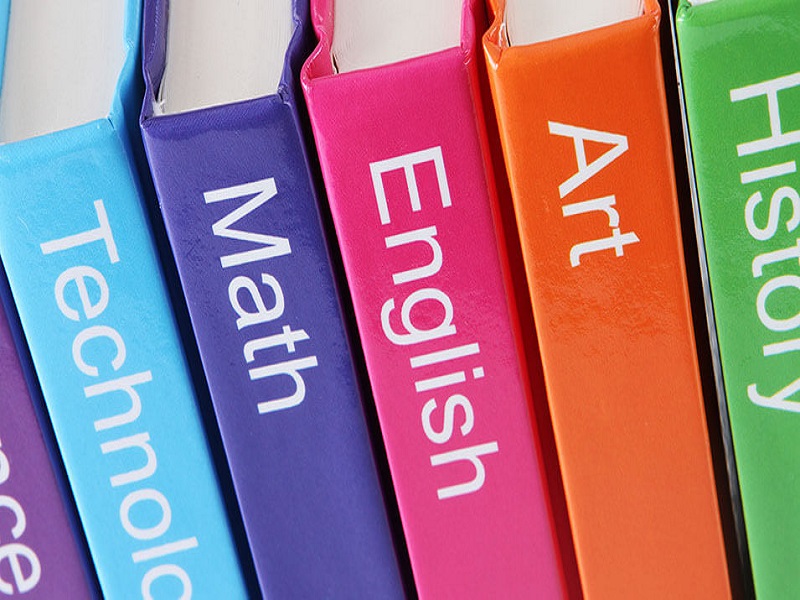All you need to know about curriculum evaluation
Evaluation is a strategic process in which a topic or subject understudy is assessed for its effectiveness as compared to the standard criteria.
So what is curriculum evaluation?
Curriculum evaluation is basically a set of the program in which the quality, effectiveness, and value of the program, product, curriculum or project are determined.
Evaluation of the curriculum is an essential part of the curriculum development which determines the effectiveness of the curriculum and is effective.
British curriculum schools in Dubai provide outclass learning experience for the students enrolled by ensuring that education provided is of high quality and nurture the child.
The curriculum is being evaluated continuously and is carried out to understand if the topics included are appropriate for a particular student group and how it can further be approved.

Goal of curriculum evaluation
There are several objectives of curriculum evaluation such as
- Determining the overall outcome of the whole curriculum
- This means that what are ultimatums we are going after?
- Whether there is some gap which the curriculum is not fulfilling and it needs to be revised
- How can the curriculum be improved and what improvising can make it better?
British curriculum schools in Dubai are intending to develop the skills and attitude toward learning as well as raising awareness about fair play, moral values, and self-esteem.
Question to be asked for curriculum evaluation
Before the development of evaluation plan, there are several questions about the curriculum which need to be asked.
- Is the curriculum suitable in all manners for the group of students it is designed for?
- Is the content used is best that is out there?
- Are teachers delivering the topics effectively? Why do we think that curriculum evaluation is essential for this particular class?
- Lastly, is it serving the purpose it is serving the purpose it is designed for?
Types of curriculum evaluation
There is no standard or hard and fast rule for evaluation of curriculum. Different educationists and scholars have devised various types of curriculum evaluation methods.
Michael John Scriven is an academic specialist, and his work is renowned for theory and practice of evaluation. His work has contributed positively in the field of assessment.
He has presented the curriculum evaluation process into three different types which are a formative evaluation, summative evaluation, and diagnostic evaluation.
Formative evaluation is a type which occurs during the development of the curriculum. The primary purpose is continuous improvement of the educational program, and the evaluation occurs during the development of the program.
This enables the program managers to modify and make changes as they are working on it.
Summative evaluation is a type in which the evaluation occurs when the curriculum is fully implemented. The assessment occurs with reference to content delivery, its objective.
The content delivery methodology opted by British curriculum schools in Dubai is to enrich student with the right kind of self-awareness, sound knowledge, and skills, realizing their talents to their full potential.
In this type, it is rechecked if the objects are fulfilled to what they were expected to do. The lecture style of the teachers and how effectively they can communicate the content to the student is also part of the evaluation.
The success or failure is determined through weekly examinations and feedback from the students to exemplify a few.
Diagnostic evaluation is usually a follow up of the formative evaluation or has the aspects of the formative type. The teacher will play the active role, and they will diagnose the weaknesses of the students and how the curriculum can be used to address those weaknesses.
The teacher will also devise a diagnostic test which will engage students and help them overcome their weaknesses. The examples of diagnostic tests are interviews, discussion sessions, performance test, self-rating, and others.
Side note - sometimes the evaluation does not fall into one single type but is a mix of more than one time.
To conclude
Evaluation is critical to any project and program as well as curriculum. The primary purpose of the evaluation is to determine the effectiveness of the program and also to know if it is delivering the information and knowledge it is supposed to, or it is intended to.
Recommended Posts:
Effective ways to teach young learners punctuality